A mysterious startup reveals a groundbreaking solar energy achievement.
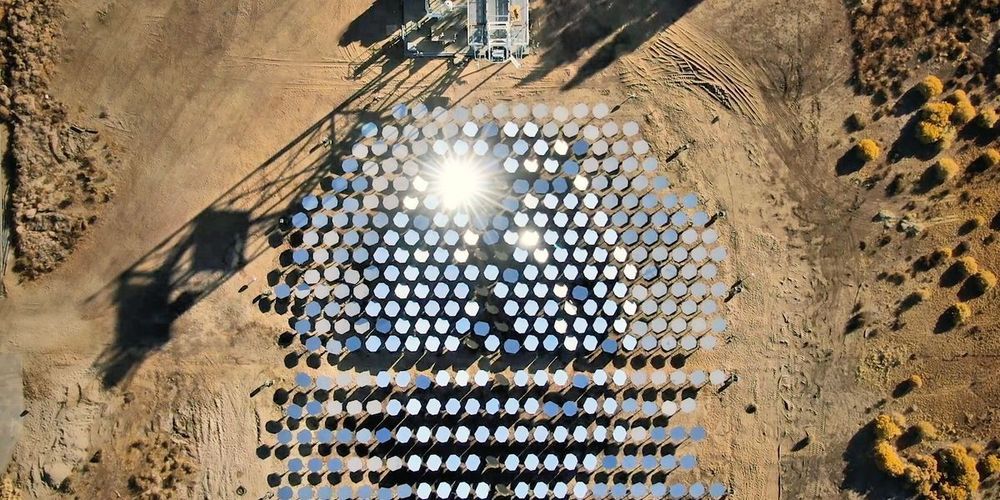

A mysterious startup reveals a groundbreaking solar energy achievement.
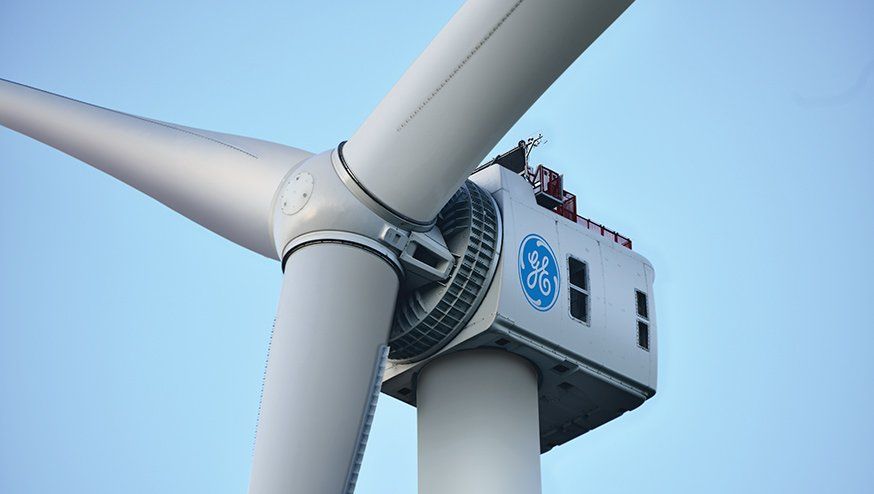
GE unveils its largest wind turbine prototype yet, a 13MW behemoth that stands 248 metres tall and destined for use in offshore wind farms.
Wind turbine manufacturer GE Renewable Energy has unveiled latest wind turbine prototype, an optimised version of its Halifax-X offshore wind turbine design that can deliver a massive 13MW of output.
It is the largest turbine that GE has produced, standing 248 metres tall, with 107 metre long blades and offers around double the generation capacity of most wind turbines currently deployed around the world.
GE said that a working version of the wind turbine, optimised for offshore projects, had been deployed and was currently undergoing a series of tests to satisfy the requirements for certification.
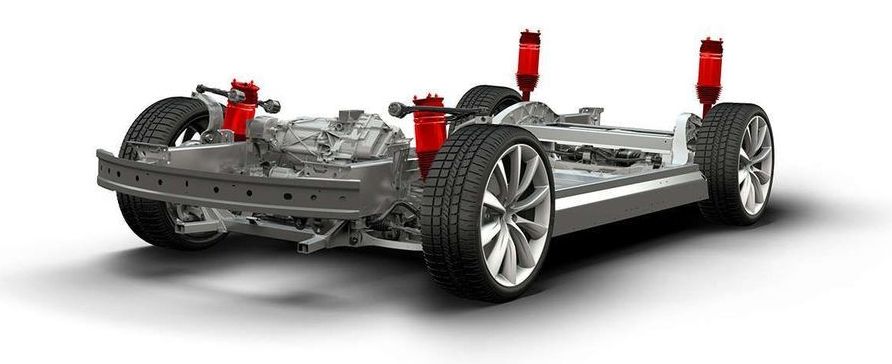
Tesla is arguing that there’s actually no defect with its Model S/Model X suspension and that China is basically forcing an unnecessary recall.
Earlier today, we reported on Tesla recalling almost 30,000 Model S and Model X vehicles that were shipped to China over an alleged issue with its suspension.
As we stated in the report, there were a few things that were strange about this report — primarily the fact that it only affected Model S and Model X vehicles sent to China between 2013 and 2017 even though those vehicles were produced in the US, and Tesla used the same suspension as all other Model S and Model X produced during that period.
“We’re not moving heat from the surface to the atmosphere. We’re just dumping it all out into the universe, which is an infinite heat sink,” said Xiangyu Li, a postdoctoral researcher at the Massachusetts Institute of Technology who worked on this project as a Ph.D. student in Ruan’s lab.
WEST LAFAYETTE, Ind. — What if paint could cool off a building enough to not need air conditioning?
Purdue University engineers have created white paint that can keep surfaces up to 18 degrees Fahrenheit cooler than their ambient surroundings – almost like a refrigerator does, but without consuming energy.
According to the researchers, the paint would replace the need for air conditioning by absorbing nearly no solar energy and sending heat away from the building. Without the building heating up, air conditioning wouldn’t have to kick on.

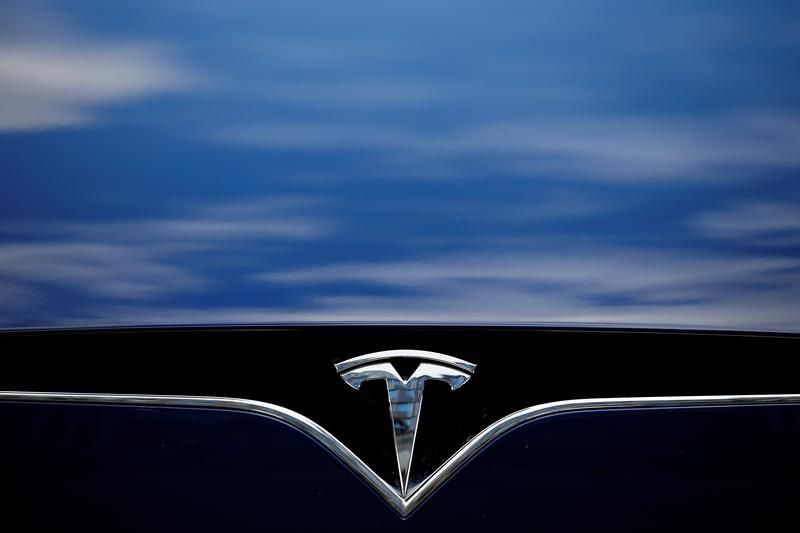
(Reuters) — India’s richest state Maharashtra has invited U.S. electric-car maker Tesla Inc, weeks after its Chief Executive Officer Elon Musk suggested entering the country next year.
In a tweet here on Thursday, state tourism and environment minister Aaditya Thackeray said he and industries minister Subhash Desai held a video call with Tesla executives earlier in the day to invite them to the state.
Earlier this month, Musk said “Next year for sure” on Twitter in reply to a post with a photograph of a T-shirt with the message: “India wants Tesla”.
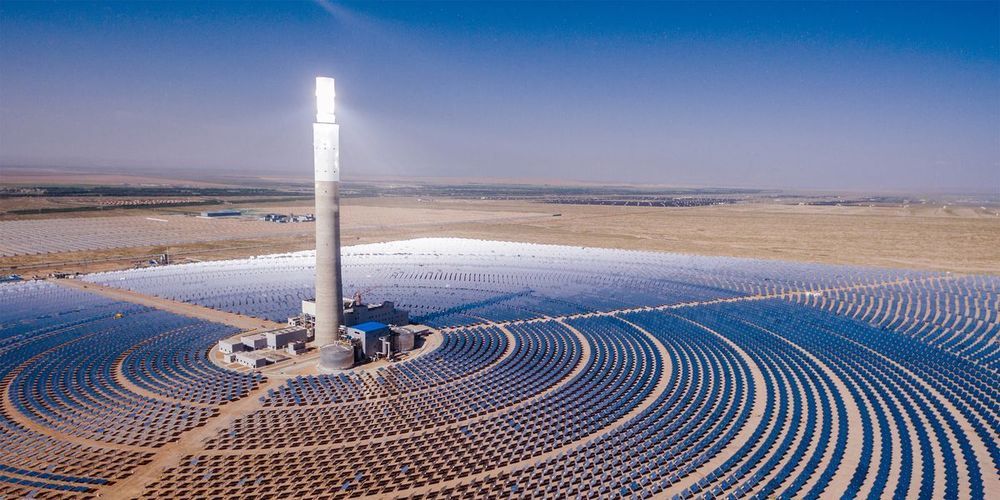
Just a matter of time.
In a new report, the International Energy Agency (IEA) says solar is now the cheapest form of electricity for utility companies to build. That’s thanks to risk-reducing financial policies around the world, the agency says, and it applies to locations with both the most favorable policies and the easiest access to financing. The report underlines how important these policies are to encouraging development of renewables and other environmentally forward technologies.
☀️ You love renewable energy. So do we. Let’s nerd out over it together.

Tesla has dismissed Evan Horetsky, also known as ‘Mister Giga’, the engineer behind Tesla’s construction projects and more recently leading Gigafactory Berlin construction, according to a German report.
Horetsky is a mechanical engineer who joined Tesla back in 2015 to work on the Gigafactory Nevada project.
He has since participated in most of Tesla’s construction projects around the world and most recently, he was put in charge of Tesla’s Gigafactory Berlin project.
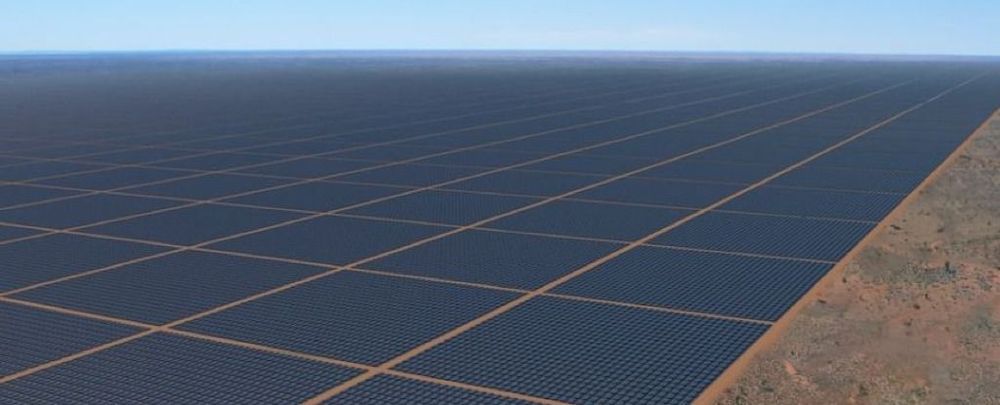
It looks like Australia with be exporting solar power to other countries with less space.
A major renewable energy project in Australia billed as the world’s largest solar farm in development has had its proposed location revealed.
The AUD$20 billion facility – the heart of an ambitious electricity network called the Australia–ASEAN Power Link – will be built at a remote cattle station in the Northern Territory, roughly halfway between Darwin and Alice Springs.
The gargantuan 10-gigawatt array – spread out across some 20,000 football fields’ worth of photovoltaic panels – might be situated close to the heart of the Australian outback, but the energy reaped from the plant will ultimately be transported far, far away from the sunburnt country.
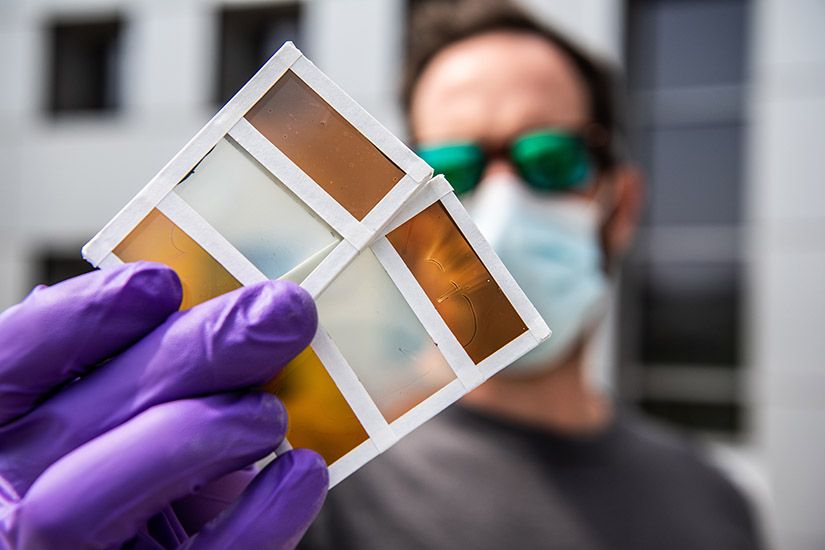
Windows are great for letting in light, but in summer months that comes with an unwanted side order of heat, causing many people to run the air conditioning non-stop. Now, researchers have developed windows that can change color automatically when heated by sunlight, to keep buildings cool – and to top it off, they’re solar panels as well.
Color-changing glass has been around for a long time, most commonly as transition lenses for eyeglasses that tint automatically under bright light. More recent developments have made it electronic and switchable on demand, and scaled it up to window size. At the same time, transparent (or semi-transparent) solar cells are getting more efficient, to the point where they can be fitted into windows.
In the new study, researchers at the US Department of Energy’s National Renewable Energy Laboratory (NREL) has combined the two technologies into one window. The “thermochromic photovoltaic” tech, as they call it, can switch colors when heated up by sunlight to block glare and reduce the need for cooling, and when it does it also starts harvesting energy from that light.